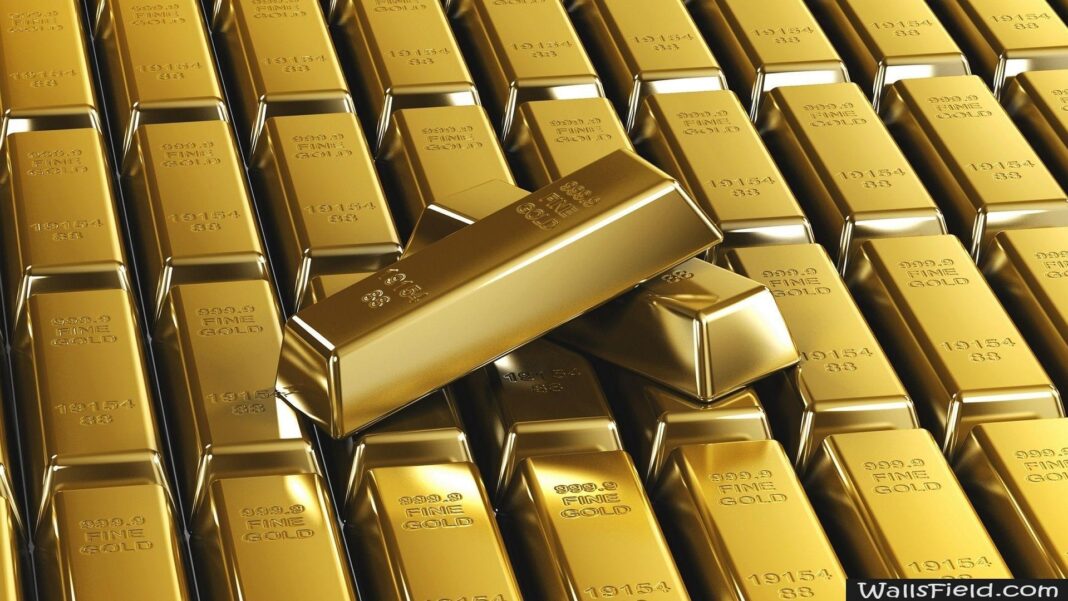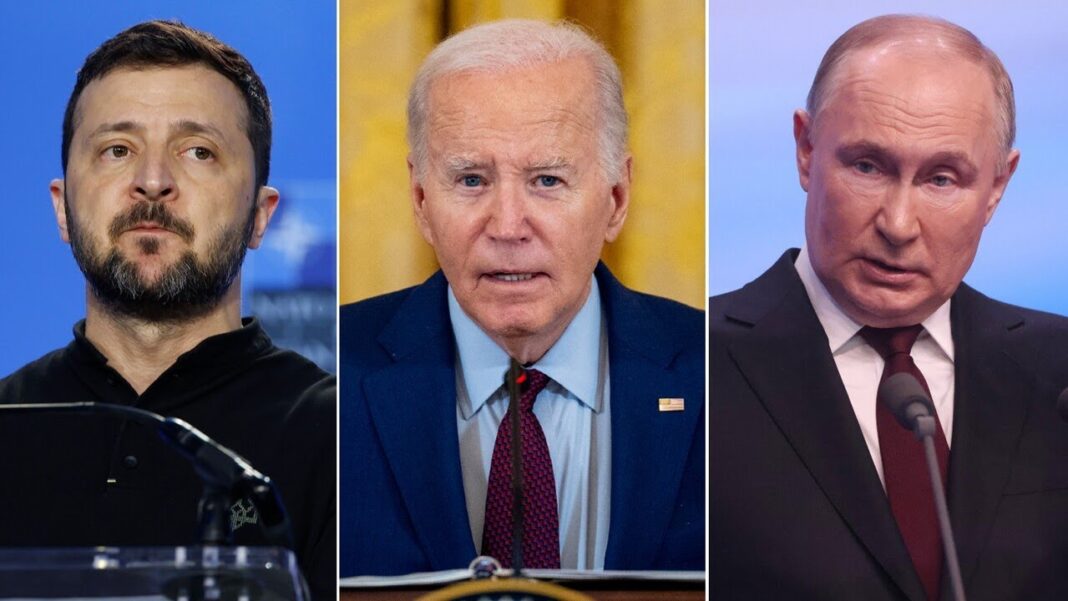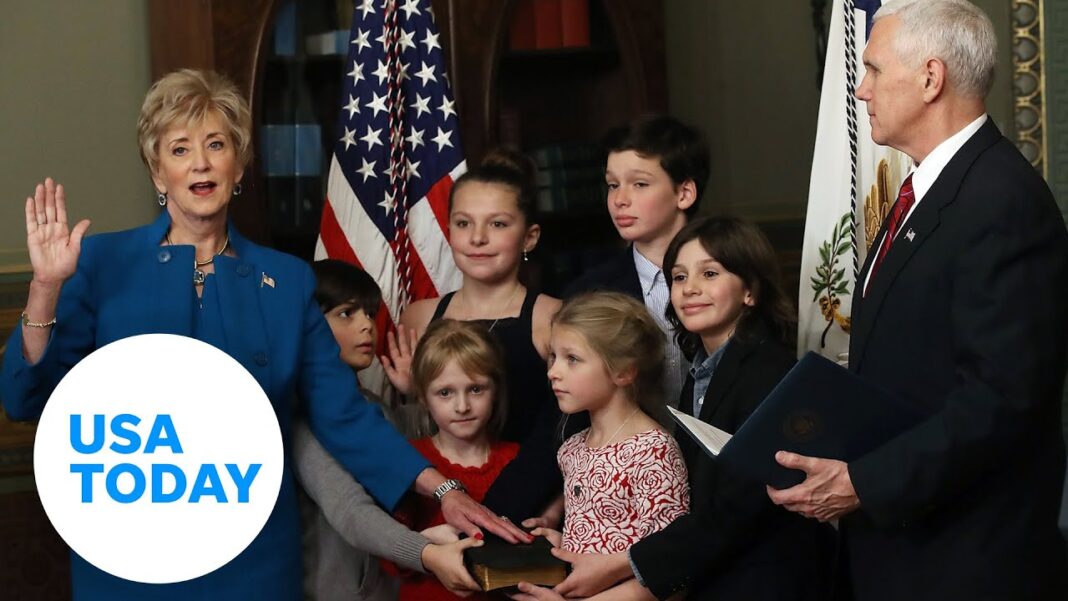Some economists advocate a return to the gold standard, criticizing the fiat currency system as the root cause of government overspending and inflation.
Experts see the simultaneous rise in gold prices and the U.S. dollar—a rare market phenomenon—as signs of growing concerns about global economic risks. The situation has reignited discussions about returning to the gold standard, a position championed by conservative economists.
Proponents of the gold standard say that a gold-backed currency system provides the foundation for disciplined monetary policy, long-term economic stability, and prosperity. They argue that the fiat currency system, not backed by any physical commodity, is the root cause of government overspending and inflation.
However, even experts who share those views caution that returning to the gold standard remains impractical in the short term.
Concerns Over Global Economic Risks
Since the beginning of the year, international gold prices have surged by more than 32 percent. Also, the U.S. dollar and gold have risen in tandem, a phenomenon that one finance expert attributes to investor reactions to a confluence of global risks.
This concurrent rise of both currencies defies traditional market logic, as gold is typically viewed as a hedge against currency devaluation, meaning it tends to rise when the dollar falls and vice versa.
According to David Huang, a U.S.-based economist, the unusual market behavior reflects investors gripped by multiple uncertainties, where both assets are seen as offering security but in different ways.
Huang explained that investors’ fear of economic instability stems from multiple global risks, including the wars in Ukraine and the Middle East and the loose monetary policies adopted by central banks in major economies that drive up debt levels. Together, these factors have increased the market’s demand for risk-averse strategies.
“In these volatile circumstances, investors are flocking to gold, which has long been valued for its innate safe-haven qualities. At the same time, the U.S. dollar maintains its status as a global refuge in times of crisis,” Huang told The Epoch Times.
Mike Sun, a China expert and a U.S.-based investment consultant who uses an alias to protect his business, shares a similar view.
“Uncertainty over the Federal Reserve’s rate cuts and the rising risk of geopolitical conflict have led to investment funds [being] unable to find predictable investment targets, resulting in the strange phenomenon of a synchronized rise in the U.S. dollar and gold,” he said.









